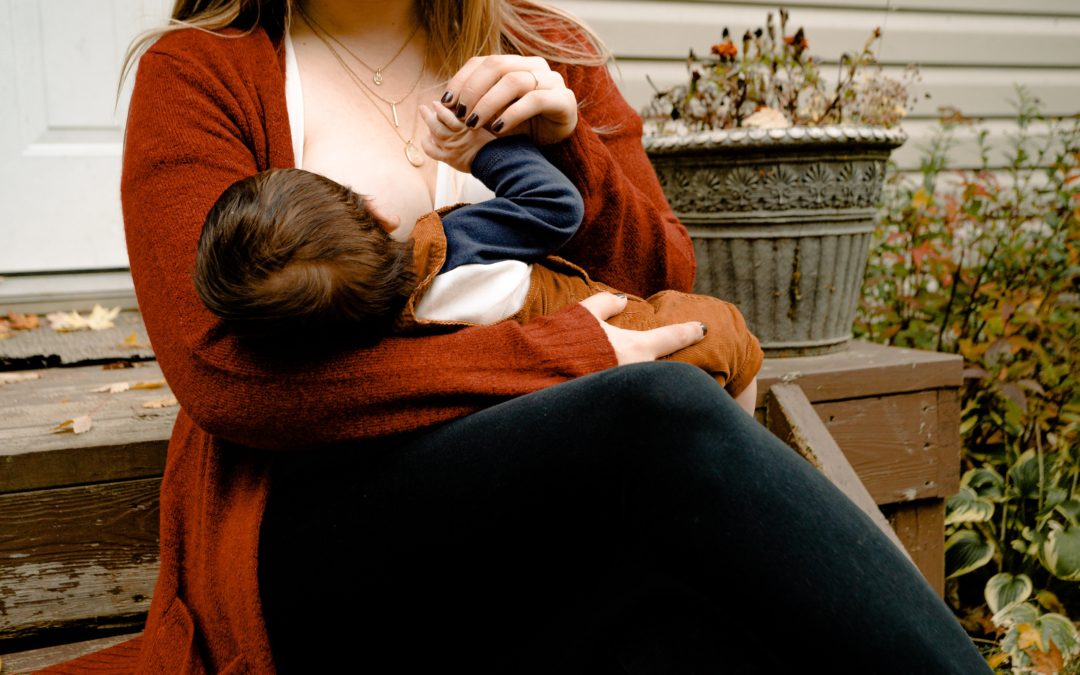Women often wonder, “Should I pump and dump?”
When it comes to breastfeeding there is a great deal of conflicting information out there. Even pediatricians are only required to be trained with the very basics when it comes to breastfeeding. So it comes as no surprise that there is a lot of misinformation when it comes to nursing and drinking.
As a breastfeeding mom, one of the biggest struggles is the isolation you find when you are the sole source of nutrition for your child. Whether it is removing yourself from a social event because you aren’t comfortable being exposed, or you are sensitive to others who aren’t comfortable with you being exposed, or your baby needs a quiet place to nurse undistracted, you may find yourself feeling increasingly lonely. To combat this loneliness, you may eventually have the desire to go out on a date night, girl’s night out or Friday happy hour with your colleagues from work. The point is, you won’t always be chained to the couch and may even wish to indulge in social drinking.
Years ago, the mantra was to pump and dump while you are drinking. Flush the alcohol laden milk through the system and down the drain. Today’s stance is quite different and in many ways more comforting to moms.
So let’s revisit the quiestion,
“Do I have to pump and dump?”
The short answer?
No.
Both the CDC and the American Academy of Pediatrics agree that moderate or occasional drinking should not be prohibited for breastfeeding mothers. They suggest limiting yourself to the occasional drink and to only one drink, unless you plan to feed the baby by another means for a fair amount of time. This could be milk that you expressed before drinking.
Because alcohol is not stored in the breast milk it does not have to be dumped for fear of contamination. The general rule to go by is to wait at least two hours after consuming 1 drink of alcohol. At that point, any minimal, if any alcohol level in breastmilk will be safe for the baby. The more drinks consumed in a given period though, the longer it takes to clear your system. While they sell products to help you test your breastmilk, you can also judge based off of when you feel completely sober.
Things to keep in mind:
- The younger the baby, the less developed the liver. Until age three months, babies can only process alcohol at a rate half an adult’s body can.
- Drinking will impair your ability to care for your child. This is not to say you will be incapable, but alcohol dulls the senses. It is suggested that you find another responsible party to care for the baby until you are fully sober.
- NEVER bed-share with a baby if you have been consuming alcohol. While bed-sharing CAN be safe, it is not safe if any added chemicals are in a mother’s system.
- Alcohol can reduce milk supply.
- Alcohol consumption can make the baby sleepy, but the sleep is likely to be restless.
Have other nursing questions? We have lots of information and lactaction support on staff.



